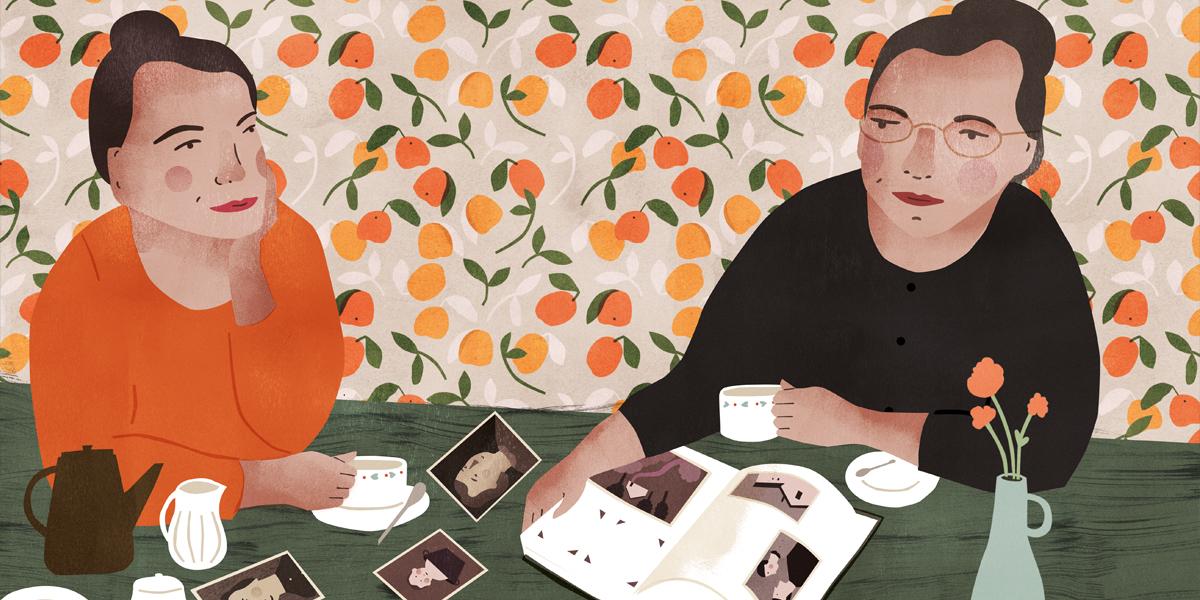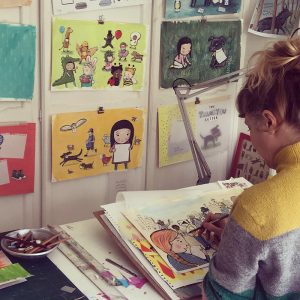Your parents’ ideas, and their favorite sayings, seem to echo in your head for all of your life. It’s funny, but sometimes also annoying. Why do these echoes last so long? Annemiek Leclaire looks into it.
In this age where anything is possible, the way we shape our lives is more predetermined than we’d like to think. It all starts with our personality. Part of our personality blueprint is genetic and hereditary: the way we look, for example, and how we age. We have also been given certain inherent qualities that can be made stronger or weaker by our environment, but won’t disappear.
Personality traits such as anxiety, kindness, emotionality, being open to new experiences, and aggression are largely innate, according to psychologists and neurologists. For example, a 2009 study by the Washington University in St. Louis, US, and the University of Parma, Italy, showed that these diverse personality traits reflect actual differences in the brain. People who exhibit different traits are born with somewhat different brains.
In his book We are our brains, Dick Swaab, professor emeritus of neurobiology at the University of Amsterdam in the Netherlands, even states that not much changes in the brain after our fourth birthday. International twin research also repeatedly shows that certain personality traits are genetically determined. These traits are then merely encouraged or suppressed by our parents, our teachers and the culture we live in. Our roles and circumstances may change as we get older, as do our habits, but our basic character doesn’t change, say experts.
Our upbringing also determines our behavior, especially in terms of how we see ourselves and how we view life in general. Our parents’ responses to our personalities continue to play a role in how we feel about ourselves for the rest of our lives. For example, I myself was a rather gentle child who grew up with a mother who had fought a fierce battle to keep her head above water. In the world my mother grew up in, you wouldn’t make it if you were gentle. For her, a lack of assertiveness was equal to giving up and ‘letting others pull the wool over your eyes’.
I used to be ashamed of my quiet demeanor, but I’ve learned by now that you don’t have to be loud to be treated fairly. Most people are actually very nice. Unlike my mother, and also thanks to her, I have the good fortune to be living in a kinder environment. Part of growing up is evaluating what you were given, and deciding whether you want to hold on to it or let it go.
- Read the full story ‘Childhood echoes’ in issue 33.
Text Annemiek Leclaire Illustratie Lotte Dirks












